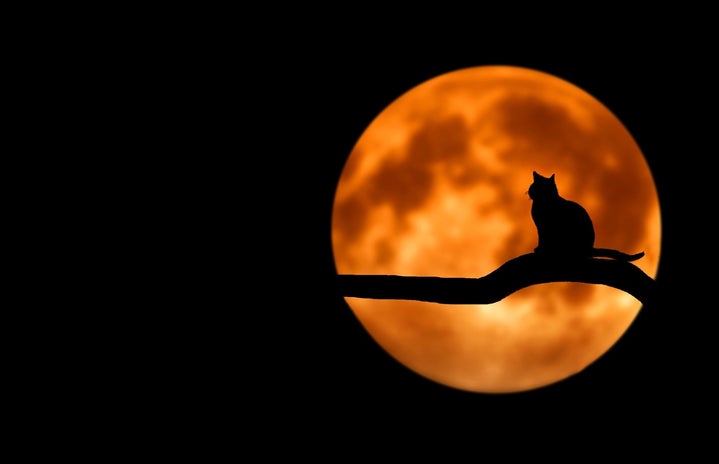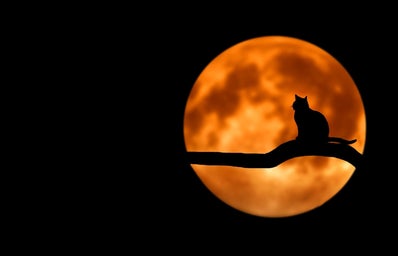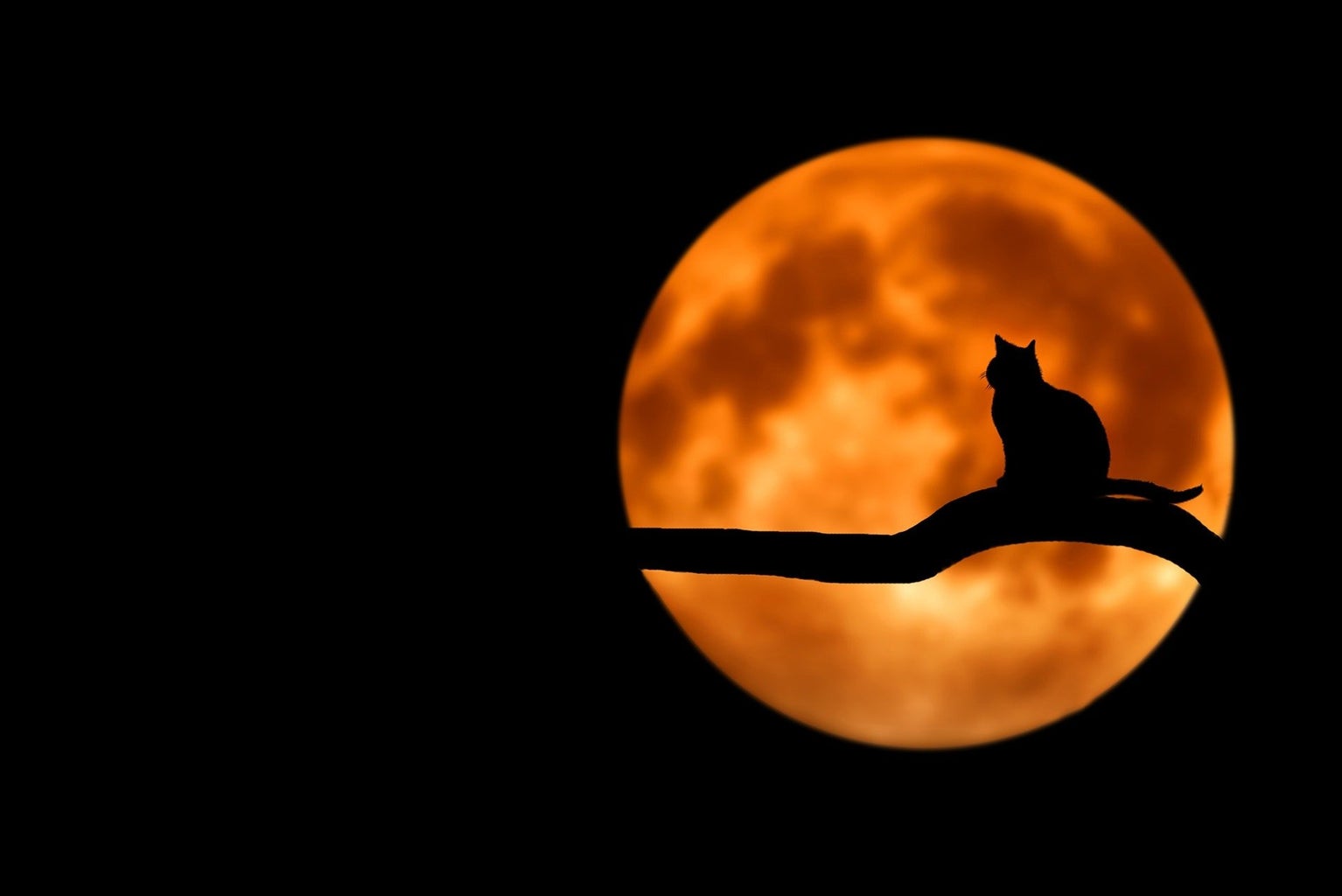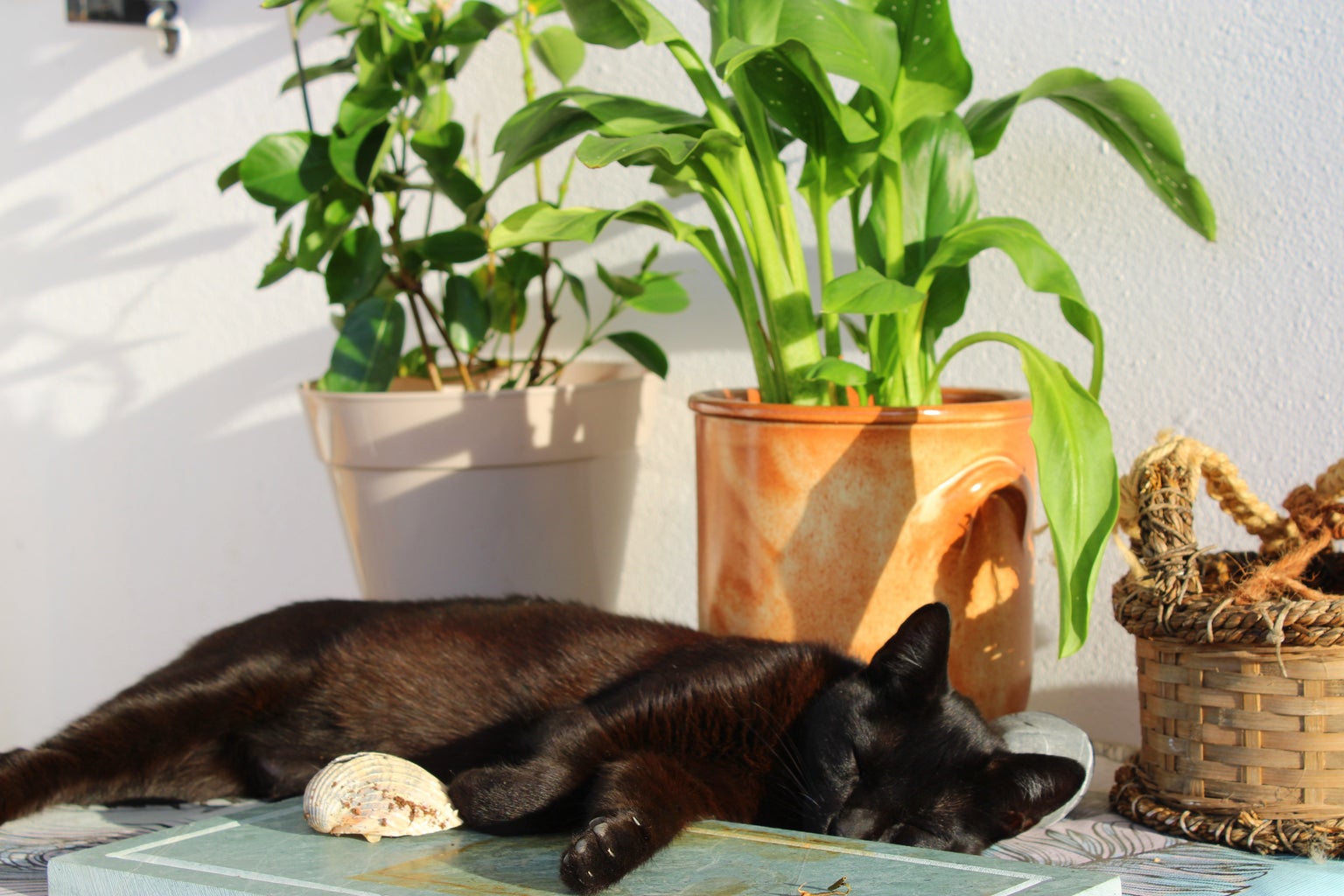With Halloween approaching, I thought it would be fitting to dive deeper into the black cat superstition. Everyone has probably heard that “black cats are bad luck”, but where did this superstition originate?
While there are varying versions of the black cat superstition, it seems to have derived from Europe. There are two possible stories that could have begun this myth. The first was a European folktale claiming that a black cat crossing one’s path by moonlight was a sign of death by epidemic. The other was a Greek myth that Zeus’s wife transformed her servant into a black cat as a punishment for delaying Hercules’s birth. She then became an assistant to the goddess of witchcraft.
In medieval Europe, black cats were associated with evil because of the belief that devils and witches could shapeshift into black cats. On June 13, 1233, Pope Gregory IX issued a document called “Vox in Rama” stating that “black cats were an incarnation of Satan”. Crossing paths with a witch or the devil is something people wanted to avoid. One theory of black cats in particular being associated with evil was that the color black represented the dark. People were often afraid of the dark. Therefore, seeing a black cat was a bad omen.
During the Renaissance period, witches continued to be associated black cats, but rather than witches shapeshifting into them, black cats were supposedly sent by witches. The belief was that whoever crossed paths with a black cat would be cursed by a witch. Whenever peasants crossed paths with a black cat, they would immediately go to church to pray to be freed from the evil curse.
Due to these superstitions, black cats have become a symbol of Halloween. The association between black cats and Halloween has caused some people to still correlate them with witches and other forms of evil, making them less likely to get adopted. One study showed that people who believe the black cat superstition considered black cats less adoptable, less friendly, and more aggressive. These people also felt like reading black cats’ expressions were difficult.
While I can’t change people’s beliefs, I think it is beyond time to debunk the black cat superstition. In some countries such as Japan, France, and England, black cats are considered good luck. Japanese culture believes that a black cat crossing your path is a good omen. Welcome cats, which are popular in Japan, sometimes come in black. Black welcome cats not only bring good luck, but also frighten away evil. France considers black cats “magician cats”, meaning that taking good care of a black cat will bring good luck. Some parts of England believe that giving a black cat as a wedding gift will bring the bride good luck.
I am not superstitious, but from my personal experience, black cats are wonderful pets. I have grown up with black cats my entire life, and have found them to be very loving towards people and other cats. My black cat has brought me so much happiness, reducing feelings of loneliness during the pandemic. As a bonus, black cats may also live longer than other colored cats. The National Institute of Health discovered that the gene that causes cats’ fur to be black also protects them from contracting some diseases.
The next time you plan to adopt a cat, I suggest you adopt a black cat!



